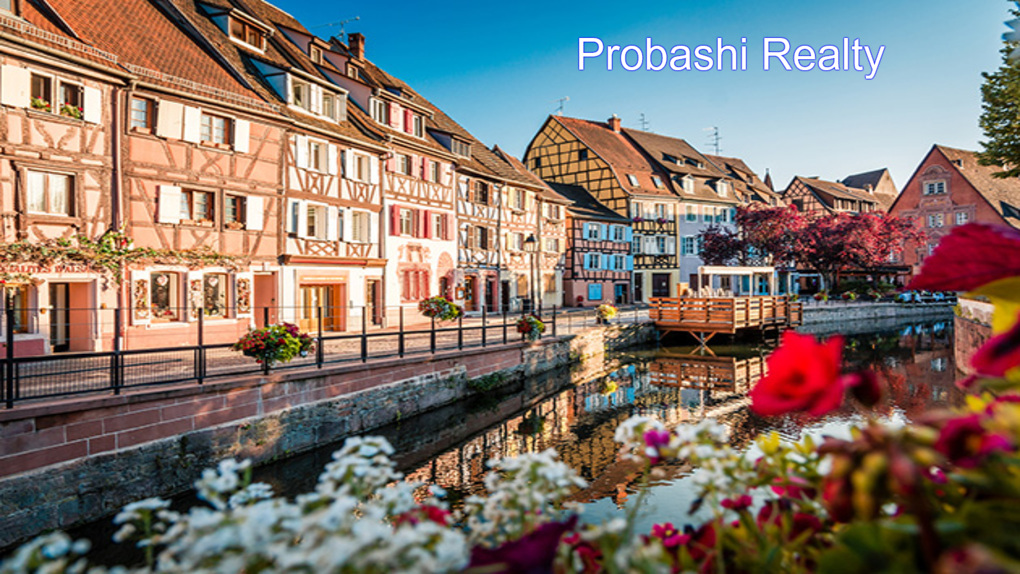Foreigners can indeed buy or sell real estate and businesses in France, but the process involves certain legal steps and considerations. One key aspect is the involvement of a notary, a legal professional appointed by the state who plays a crucial role in real estate transactions. The notary ensures the legality of the process, drafts and reviews contracts, and handles the transfer of funds. Their involvement adds an extra layer of security to the transaction.
The process typically begins with the signing of a preliminary contract known as the “compromis de vente,” which outlines the terms and conditions of the sale. During this phase, the buyer is expected to conduct due diligence, including property inspections and title searches, to ensure a clear understanding of the property’s condition and legal status. Following this, the final contract, or “acte de vente,” is signed in the presence of the notary, completing the transaction. It’s important to note that legal documents in France are in French, so translation services may be necessary.
Foreign buyers and sellers should be aware of various fees and taxes associated with real estate transactions, such as notary fees and registration taxes. Additionally, understanding French labor laws and employment regulations is crucial for those acquiring businesses with existing employees. Residency status can impact tax liabilities and exemptions, and depending on the individual’s intentions, exploring visa options for residing and working in France may be necessary. Seeking legal advice from professionals experienced in French real estate and business laws is essential to navigate the process smoothly and ensure compliance with local regulations.
The legal process of buying or selling real estate and business investments in France involves several key considerations. Here are the top 15 points to keep in mind:
-
Notarial Involvement: Transactions typically require the presence of a notary who ensures legal compliance and handles financial aspects.
-
Due Diligence: Conduct thorough due diligence, including property inspections and title searches, to understand the property’s condition and legal status.
-
Preliminary Contract: Sign a preliminary contract, known as “compromis de vente,” outlining the sale terms and conditions.
-
Legal Representation: Engage legal professionals, including a notary and potentially a lawyer, to guide you through the process.
-
Financial Considerations: Be prepared for various fees and taxes, including notary fees, registration taxes, and potential capital gains tax.
-
Legal Structure: Consider the appropriate legal structure for property or business ownership, impacting tax obligations.
-
Residency Impact: Understand how your residency status can affect tax liabilities and potential exemptions.
-
Zoning Regulations: Familiarize yourself with local zoning regulations and potential restrictions on property use.
-
Language Barrier: Legal documents are in French, so translation services may be necessary.
-
Bank Financing: Non-residents may face challenges securing financing from French banks.
-
Property Insurance: Adequate property insurance is crucial to protect your investment.
-
Employment Laws: If acquiring a business with employees, understand French labor laws and employment regulations.
-
Visa Requirements: Explore visa options if intending to reside and work in France.
-
Government Approvals: Some transactions may require local government approvals, especially for larger investments.
-
Intellectual Property: Protect intellectual property rights if relevant to your business acquisition.
These key points provide a comprehensive overview of the legal landscape for foreign buyers and investors in France. Seeking guidance from local legal experts familiar with French real estate and business laws is essential for a successful and legally compliant transaction.
It’s always essential for foreign buyers to consult legal professionals and tax advisors to understand and comply with these regulations, as they may have evolved or changed from time to time. Specific laws and regulations may vary between regions of France, and it is essential to seek up-to-date advice when buying or selling property as a foreigner.


